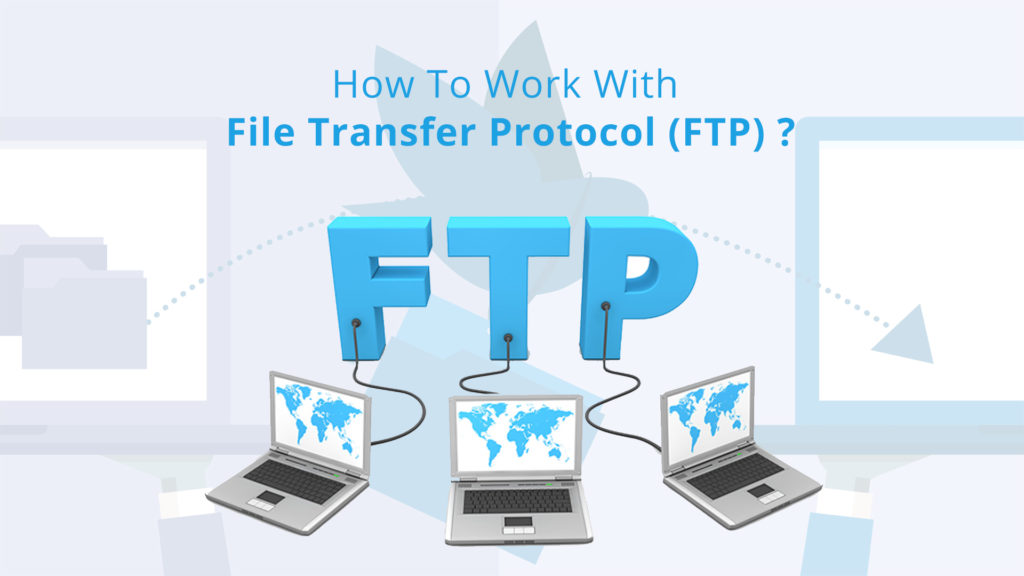Today, the internet and digital connectivity form a seamless part of everyday life. We engage in nearly every aspect of banking, shopping, communicating, and working in online communities. But given the data we generate daily, the threats of a cyber attack—data breaches, identity theft, malware—are as accurate as ever. Being safe with data is a concern; it is individuals because it’s not just a business concern or an organization. The good news is that numerous steps can be taken immediately to improve online safety and protect sensitive data from every cyber threat attack vector.
Table of Contents
Keep Your Software and Operating System Updated
Regular privacy software and operating system updates are crucial for online security. Developers release updates to patch security vulnerabilities and bugs, reducing the risk of hacking. Automatic updates ensure the latest versions with security patches while keeping antivirus updates protected against new malware and threats. Although some updates may seem annoying, they are essential for maintaining online security.
The Growing Threats to Your Online Security
Before getting into the tips to safeguard your data, though, you should be aware of the threats you must circumvent to keep your online self safe. Other risks to your data include phishing attacks, malware, ransomware, and data breaches. Phishing attacks typically involve fake emails or websites that lure users to give sensitive information. Meanwhile, malware can own your machine without any awareness of it, and this malware can collect data or flat-out irreversibly delete your data of various types. One nasty, somewhat recent, is ransomware that locks your files and demands money to let them out. Finally, personal data held by businesses and organizations that do not maintain secure systems can be stolen in volume.
Understanding these threats and taking appropriate action can reduce the risk of becoming a victim of an online crime.
Strong Passwords: Your First Line of Defense
Having strong, unique passwords on the accounts you use to secure your data is a good idea. Weak passwords or using the same passwords for multiple accounts makes it easy for hackers to break in. A strong password contains upper and lower-case letters, numbers, and special characters and isn’t easy to guess—like your name or date of birth. Use a password manager that generates all your unique, complex passwords and encrypts them. Another effective security tool is multi-factor authentication (MFA), which requires entering a second piece of information—generally a code sent to your phone—to log into your account. Enabling MFA wherever feasible adds a layer of protection to your precious data.
Be Cautious About Phishing Scams
Phishing scams are one of the most common tactics tied to hackers trying to access someone’s data. Such schemes typically involve emails, phone calls, or texts from trusted organizations such as banks, government departments, or even family and friends. The message often generates a sense of urgency, begging you to click on a link or share sensitive information like your account numbers, passwords, or Social Security numbers.
You will catch malware, most probably those phishing scams. So always verify through third-party communication channels. If, for example, you get an email claiming to be from your bank, don’t click on any link. But go to the official site instead and sign into your account to check for issues. Exercise caution with emails from unrecognized sources − don’t download attachments or click links. You may also consider putting an anti-phishing bar in your web browser that will attempt to detect and prevent you from going to dangerous sites.
Secure Your Wi-Fi Network
Cybercriminals can access your devices and data if the Wi-Fi network is insecure. As an extra precaution, change the default password on your router and turn on WPA3 encryption, the latest and highest security standard for Wi-Fi networks. A VPN encrypts your internet traffic and secures personal information. Public Wi-Fi is a strict no-no when logging into your internet banking or shopping online, as hackers can crack into your mobile quickly. Instead, use a Virtual Private Network (VPN) that scrambles internet traffic and protects your data.
Backup Your Data Regularly
Data could be lost for many reasons, including cyberattacks, hardware failures, or accidental deletions. Data backup is priceless so that you don’t have to lose important information. Nobody plans for contingencies, and backups are essential, so you know that, in a disaster, you can recover your fantastic data: pictures you took, text you made, records you ran, and so on.
That means you will need to store your data on external hard drives, cloud storage services, or network-attached (NAS) devices. Services like Google Drive, Dropbox, and iCloud are excellent for off-site file storage and access.
Monitor Your Accounts for Suspicious Activity
Monitoring your bank statements, credit card activity, and online accounts for signs of unauthorized access is essential. Many banks and credit services have features that notify you of unusual transactions or log-ins so you can take action if someone has gained access to your account.
Respond quickly if you suspect your account has been hacked or your data has been stolen. Change your passwords, inform the right organizations, and report any fraud to law enforcement. By watching over everything carefully and being ready to respond as soon as you see the need for action, you can remain one step ahead of any potential security breaches.
Use Strong Encryption for Sensitive Files
Encryption is one of the most important mechanisms for preventing access to sensitive data and protecting personal documents and financial records. It keeps the data unreadable by anyone who doesn’t possess the decryption key. Windows users can turn to built-in encryption tools like BitLocker, while macOS users can use FileVault to encrypt individual files or drives. Third-party apps are available to encrypt information for added security. The protection of sensitive data is crucial.
Conclusion
The digital world has made it essential to secure your data. You should know how to follow the steps above, which may help guard against data breaches and cyber attacks, such as strong passwords, vigilance regarding phishing scams, up-to-date privacy software; Wi-Fi protection, encrypting communications where possible, and backing up your data. Both users and business owners can enjoy peace of mind knowing that every time they venture online, you can facilitate because you have taken care of their security and accounted for it. In putting it in jeopardy, they make money, and the victims lose their data or lose their personal and sensitive information.

